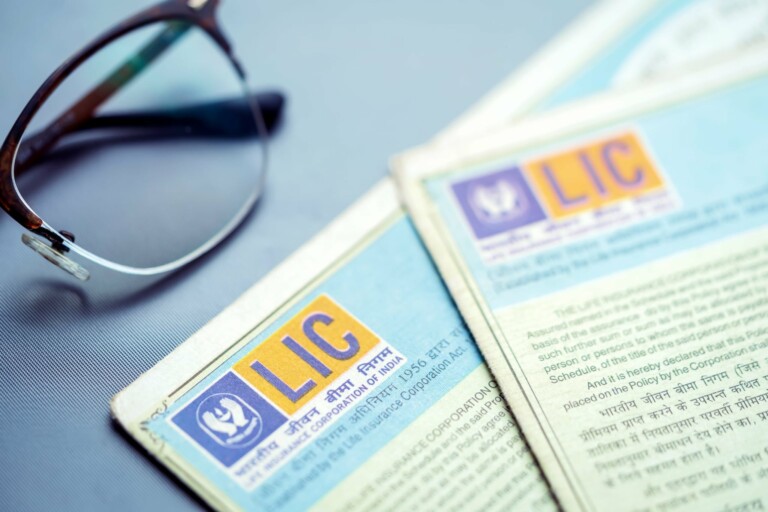California Court Ruling on Wildfire Debris Sparks Concerns for Homeowners
Is a recent legal decision in California about wildfire debris changing the game for homeowners? The Golden State, a land often kissed by sun and, alas, scorched by fire, is witnessing a new chapter in its insurance saga. A California appeals court has handed down a ruling that, to put it mildly, has homeowners sitting up and taking notice.
What’s the Meaning of the Court’s Words?
Is wildfire debris automatically considered “direct physical loss or damage?” No, says the court. This seemingly simple statement has the potential to upend the way insurance companies handle claims, possibly limiting coverage for the all-too-common cleanup after a blaze. This decision, affirming a lower court’s dismissal, could set a precedent. What happens when the embers die down, and the insurance claim comes in?
California’s Insurance Market: A House of Cards?
Is the California insurance market in a state of flux? The answer, sadly, is yes. Many Californians, those hard-working property owners we all know, are finding themselves dropped by private insurers, forced to rely on the California FAIR Plan—a safety net of sorts. This plan, however, offers only basic fire coverage and, let’s be honest, comes with a higher price tag. We’re talking about those folks in the Sierra Nevada Fire Zone, among others, looking down the barrel of an insurance crisis.
What Happens When the Fire Comes?
Is the stress on the insurance market getting worse? Yes, the answer is unfortunately so. Ongoing wildfires, like the destructive Palisades Fire, are adding fuel to the fire, so to speak. To address the issue, California is enacting new regulations, requiring insurers to offer coverage in high-risk areas. But, and this is a big *but*, these moves could mean higher premiums for the consumer, as insurance companies pass reinsurance costs along. The premium, that’s the payment the homeowner makes to the company.
Are There National Implications?
Is this just a California problem? No, this is a worry for all of us. Similar challenges are appearing in other states—Florida, Louisiana, even—where climate-related disasters are becoming more frequent and more intense. What does this mean? It could mean rising premiums nationwide, making it harder for folks to get the coverage they need.
The Future of Wildfire Insurance: Challenges and Solutions
Is the situation in California’s insurance market a simple one? Hardly. We’re talking about policy cancellations, the FAIR Plan, rising premiums, and limits on coverage. Now, here’s a critical point. What steps can be taken?
Can New Regulations Help?
Are new state regulations part of the answer? Perhaps. Regulators are requiring insurers to offer coverage. But how will this affect rates? Will homeowners be able to keep up?
Reinsurance – What’s the Story?
Is Reinsurance a factor? Yes, it is. How does it affect premiums? Well, insurance companies buy their own insurance – from reinsurance companies – and the costs get passed down.
What About Protecting Your Property?
Can homeowners take steps to help protect their property? Absolutely. Good planning goes a long way in these times.
Climate Change and Insurance: A National Crisis?
Is the threat of climate change impacting the insurance industry on a national level? Yes. The impact of climate-related disasters is growing, and that affects the premiums we all pay.
What Are the Regional Impacts?
Is it California, Florida, and Louisiana that are being impacted? Unfortunately, yes. Hurricanes and floods are hitting those areas harder than ever.
Is There an Impact Beyond The States?
Is there the potential for a financial crisis on the horizon? Quite possibly. What happens when coverage becomes too expensive or unavailable?
What Are the Common Misunderstandings About Wildfire Insurance?
Is it accurate to assume all policies cover wildfires? Absolutely not. Many policies exclude or limit coverage. Do homeowners really understand the details of their policy? Are premiums always cheap in high risk areas? No. Do insurance companies always handle the claims? No, homeowners must be proactive.
Now, that’s the truth of the matter, plain and simple. It’s a time of uncertainty, but it’s a time when we must all be vigilant and informed. And remember, keep the faith, and stay informed.
Disclaimer: General Information & Accuracy
This blog provides general information and discussions about insurance and related subjects for informational purposes only. It is not intended as professional advice, including but not limited to financial, legal, or medical advice. We strive for accuracy, but laws, regulations, information, and best practices constantly evolve, and unintentional errors can occur. Therefore, we make no warranties about the completeness, accuracy, reliability, or suitability of the blog content. Always consult with a qualified professional for advice tailored to your specific situation. Any reliance you place on this information is strictly at your own risk.

